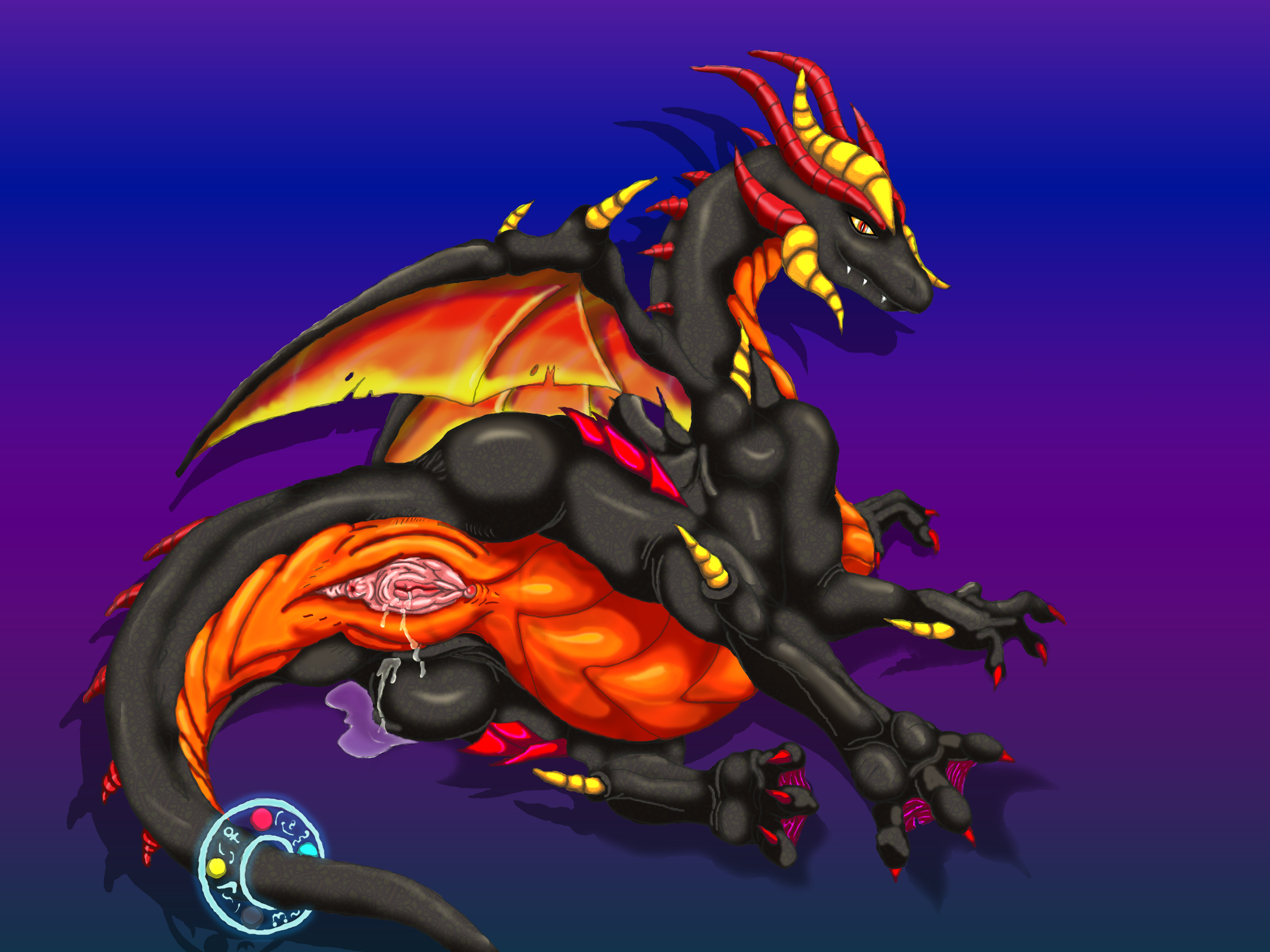Growing your Tree of Prosperity is an introductory investment guide written specifically for Singaporeans who wish to take their first step towards financial independence.
Friday, June 29, 2018
Inequality explained as a game.
I read with great amusement a FB share by a person known as Mark Lin who wrote a brilliantly original take on inequality. You can find it here.
While I am of the opposite camp from Mark Lin, I must congratulate on his approach of describing the kind of inequality we have in Singapore. He describes it as basically playing a kind of Monopoly game where the winner of the previous game gets to start with two pieces of property that he can collect rental from.
The effect of reading this FB update immediately gave me a motivation to make sure that my kids get a piece of property each after I die, otherwise I don't think Monopoly best describes the game we play in Singapore society
The truth is anyone can use a game to analogise inequality. What if inequality means that the chess champion in the tournament last year gets to play the current tournament with two queens ?
Wouldn't that kind of inequality be even worse ?
Because I am such a huge fan of Dungeons and Dragons, I believe that inequality would be better modelled as a Fantasy RPG. Some player characters can and do start out as Nobles and can begin the campaign with more gold in their possession. So a particularly unequal society will allow the PC who pleased the DM most to start the game with a suit of plate-mail.
A plate-mail is really powerful in 5th Edition D&D but it is hardly a game-breaker in role-playing terms. The platemail is only really cool if you intend to play a Fighter or a Paladin. It also rapidly becomes obsolete at higher levels. If you belong to a different class, you may even have to liquidate the plate-mail to get some useful items for the next adventure. For most adventurers, the item lists do not break the game in any particular way even if you have a lot of gold.
What is particularly interesting when we use the D&D analogy is that one class in particular does not really care about the platemail at all. The Sorcerer is highly Charismatic arcane spellcaster who does not wear armor at all. Their armor is their self-confidence and persuasiveness. If you are a powerful salesman, nothing can stop you from making lots of money in Singapore society. The top real-estate agents can easily make more money than the most lawyers or medical specialists. The other class that does not need magical items to function well is the Monk.
But more importantly, D&D is a better analogy for life than Monopoly because you can't really win a D&D game. All you do is to try to stay alive so that you can keep playing. Nobody is really congratulated for getting the most gold or xp in a game. The closest thing to a winning player is one who created the most memorable story and gave other players the best laughs of the day.
Here are a few examples of some of exploits of the PCs in the groups I played with :
1) In a tournament to impress a king, the party was supposed to defeat a manticore faster than a group of knights. By the time my monk could act in combat, the two other PCs have already destroyed one of the manticores which made the party a winner. Cursing under his breath, the monk rushed the second manticore who was meant to challenge the knights and tried to punch it with my fist. The attack did really low damage to the Manticore, but the Manticore was stunned in mid-air and fell 450 feet to the ground, killing it instantly.
2) My rogue was supposed to defend a high priestess from being kidnapped by a orcs. Suspecting that the party would be destroyed ( The DM was an asshole killer DM ), my rogue convinced the high priestess to exchange clothing with him. The DM eventually sent some Orc Elites to take out the party but kidnapped me instead. The high priestess was able to escape and we succeeded in our objective in spite of being completed defeated in combat.
3) What became a legend in my older group was a fighter who was so afraid of being burnt by dragonfire, he crawled into the dragon's anus and stayed there the entire fight. He was the only PC unhurt in that combat.
I think D&D imitates life a lot better than a silly game of Monopoly. We don't really know what determines success or makes one a winner but we often go through life's journey being part of narrative of someone else.
We should make this narrative as cool as possible.
Subscribe to:
Post Comments (Atom)

One problem i see with over-providing and over-protecting kids is that they tend to be raised as munchkins --- self-entitled & sense of superiority when things are going well for them but unable to function when chips are down or when force majeure gets in the way. Inability to get along with people also doesn't help.
ReplyDeleteNo one respects a munchkin player anyway.
ReplyDeleteSome are just a@@holes and stay that way?
ReplyDelete